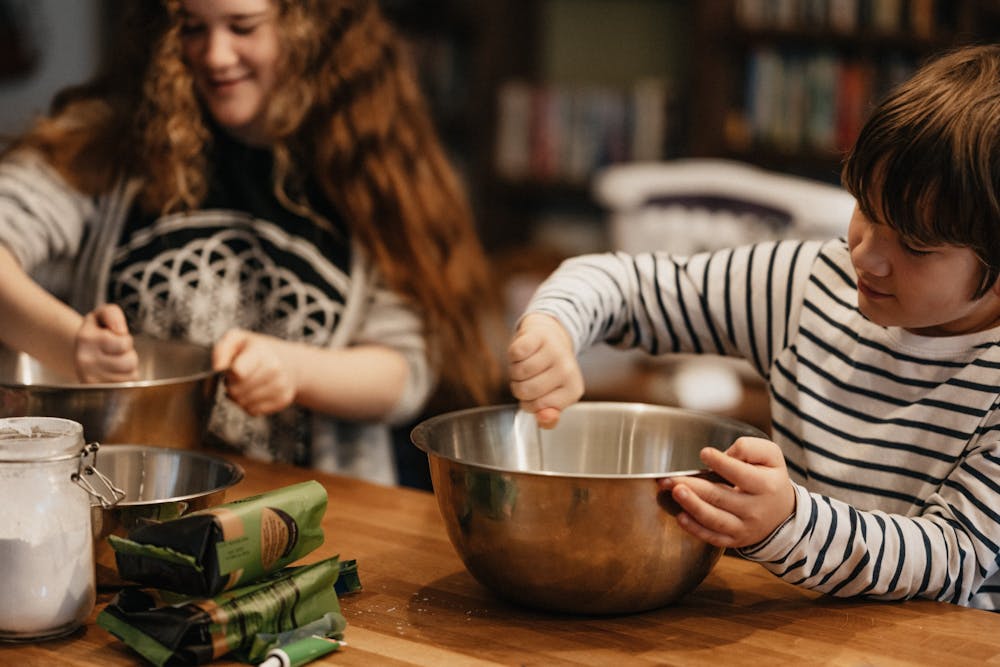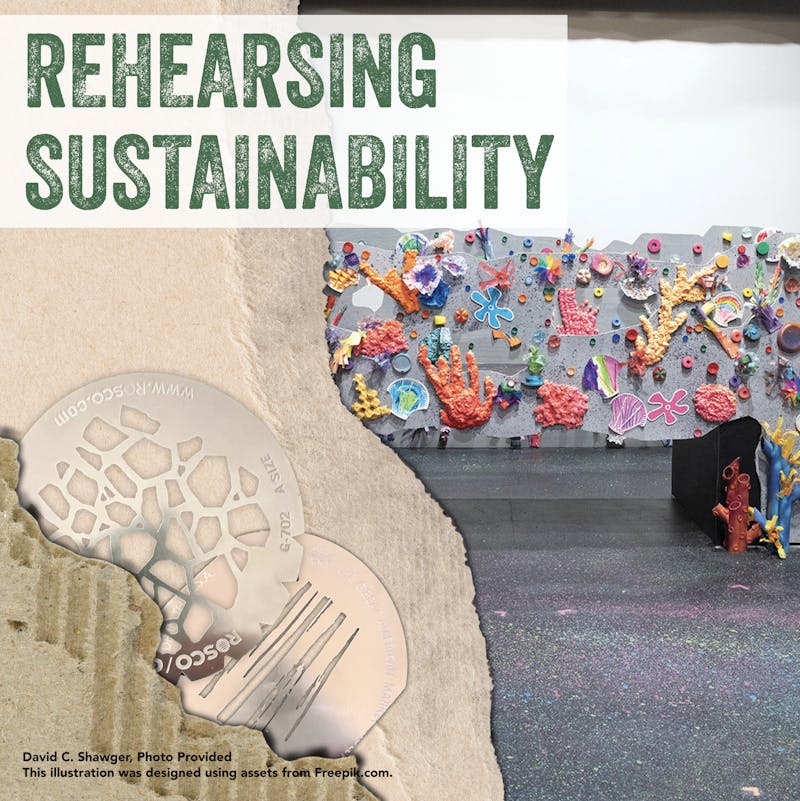Because of this semester’s adjusted school calendar due to the COVID-19 pandemic, students weren’t able to travel home for their typical week-long spring break from classes. While the university has held two study days so far, students were encouraged to stay on campus to prevent the spread of the coronavirus.
During this last month of the spring semester, some students may be feeling homesick, as they haven’t had a school break in 11 weeks to spend quality time with their friends and families. To combat one’s homesickness, consider the suggestions below to bring a sense of home back to your college dorm, house or apartment.
Fill your space with familiar aromas
According to Discovery, sensory information is sent to the thalamus, a part of your brain that relays information to other structures in your brain. The thalamus sends sensory information from sounds, tastes, sights and feelings to your hippocampus — the part of your brain that’s responsible for memory — and your amygdala, which is responsible for processing emotions. With scents, this information is sent directly to your brain’s olfactory bulb, which is connected directly to your brain’s hippocampus and amygdala. Because the olfactory bulb is so close to the hippocampus and amygdala, this is why smelling a certain scent can easily remind you of something from home.
To immerse yourself in memories of home, consider purchasing the same candle or air freshener your family uses. Other ways to trigger memories through your sense of smell could be using the same laundry detergent or spraying the same perfume or cologne a family member wears.
Cook meals that remind you of home
Ask your family members for the recipe cards of dishes they often bring to family get-togethers. Not only can these homemade meals fill your space with nostalgic smells, but eating these dishes can also trigger memories of family events for you to think back on fondly.
Set aside screen time for your family
While you can’t see your friends and family members in person, there are many ways to reunite virtually. Host a virtual game night with your family over Zoom, Skype or WebEx. Try out virtual games like JackBox Games — a series of quiz-based party games — or online versions of 20 Questions, Cards Against Humanity and Trivia to spend time with your friends and family from miles apart.
Hug it out
When people don’t receive enough physical contact, they can develop touch deprivation, which can increase one's stress, depression and anxiety, according to an article by Texas Medical Center. When someone receives a hug, their brain releases oxytocin, a hormone involved in increasing one’s trust, emotional bonding and social connection.
Because of social distancing, it may be difficult to hug those you were once able to before the pandemic. Now that the COVID-19 vaccine is available to Indiana residents 16 and older, hugs, high-fives and other platonic ways of physical touch are becoming safe again.
If you aren’t vaccinated yet, reach out to those who you already safely spend time with, such as your roommates. Once you, your friends and family members are fully vaccinated, hugging each other can help lower the touch deprivation you may have developed from being away from home all semester.
Listen to what sounds like home
If you miss driving around your city, search through the 38 cities on the website Drive & Listen to find one that’s similar to your hometown. If you live outside of a city, test the variety of sounds on Noise.Online, which features running streams, ocean waves, tweeting birds, chirping crickets, pouring rain and more. If you have a favorite coffee shop you would frequent nearby your home, visit the website Coffitivity, where users can listen to soundtracks recreating the ambiance of pouring coffee, murmuring voices and clinking dishes.





The Daily News welcomes thoughtful discussion on all of our stories, but please keep comments civil and on-topic. Read our full guidelines here.